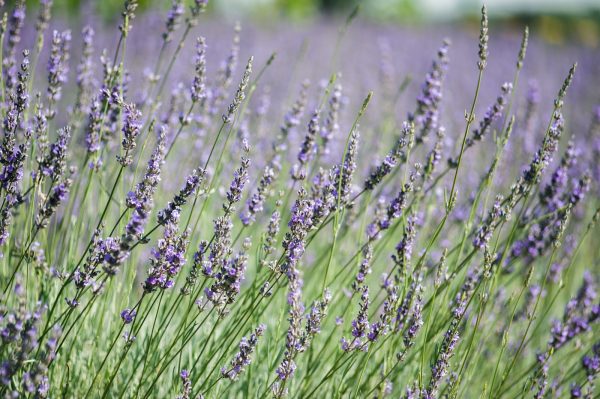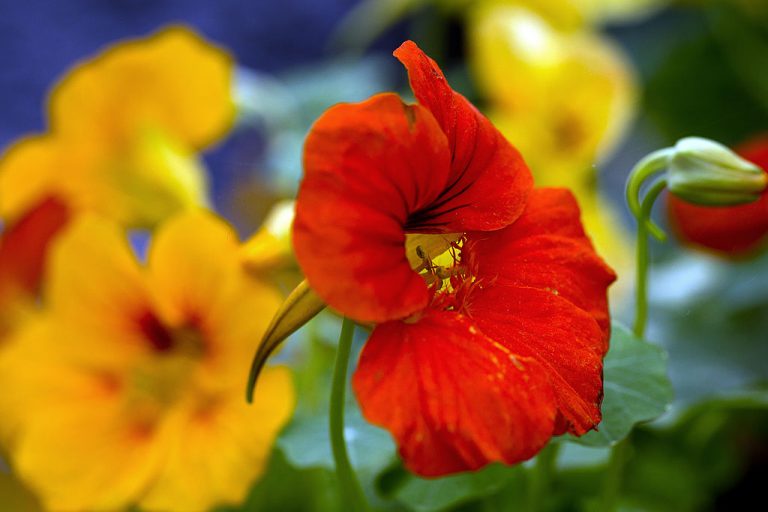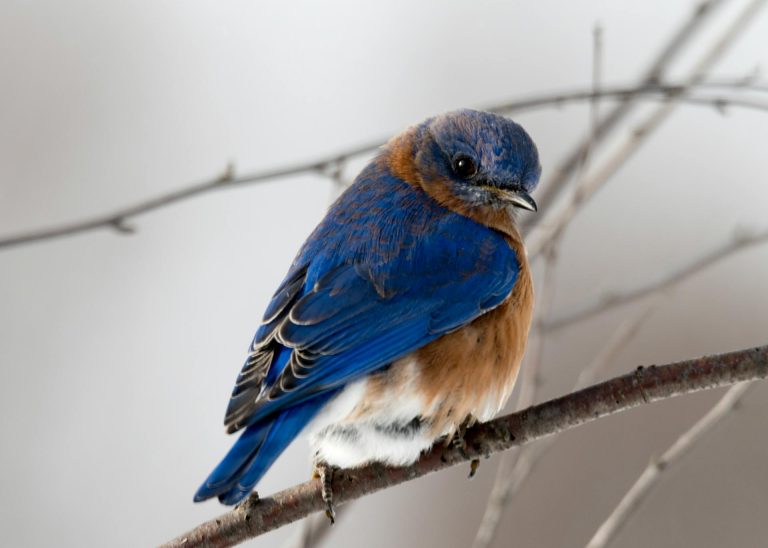One of the biggest headaches for many people in the summer is mosquitoes. These blood-sucking insects are sensitive to a person’s body heat, sweat, and skin odor and find their prey mainly by “smelling” the carbon dioxide emitted from a person’s pores. It is hard to escape the stings of these uninvited guests even at home.
Consider these six recommended mosquito repellent plants to grow at home, even if you do not have a green thumb! They each have a potent smell that will either repel the pests or mask your own scent to throw them off track. Many of them have multiple uses and can be a welcome addition to your cooking, brighten your garden, or add a pleasant fragrance to your home.
1. Nasturtiums have strong aestheticizing effects thanks to their colorful petals. Not only does the plant produce airborne chemicals that repel mosquitoes, but they also keep away other pests such as aphids, cabbage moths, squash bugs, and whiteflies. This makes them fantastic companion plants to cucumbers, tomatoes, and other pest-prone plants. Nasturtium’s flowers also attract pollinators like bees, butterflies, and hummingbirds. Thanks to its lush leaves and stems, it forms a thick ground cover that prevents weeds. It grows well under full sunlight and needs water only when the top layer of soil is dry. BONUS: Every part of this peppery herb is edible. Even the immature seeds can be pickled like capers.
2. Oregano is a familiar ingredient in pasta sauce and Mediterranean dishes. Mosquitoes find its scent repulsive and the oil it produces contains thymol and carvacrol, two chemical ingredients that have repellent properties. Oregano grows quickly and thrives in a full sun environment and well-drained soil, making it a very convenient summer mosquito repellent. Harvesting your oregano periodically will help keep it producing lush new growth. This prolific herb can be dried and stored for use all year round.

3. Lavender is one of the most widely used essential oils or scents. The aroma of lavender can help improve our quality of sleep and the oil also has antiseptic functions. Lavender contains linalool and linalyl acetate which cause mosquitoes to flee as it overloads their sensitive olfactory organs. The purple flowers also have a high ornamental value that sophisticates any corner of your home. Due to its Mediterranean origin, lavender thrives in full sunlight and grows best in a dry environment with well-drained soil.
Success
You are now signed up for our newsletter
Success
Check your email to complete sign up
4. Lemon balm, a member of the mint family, is a perennial herb that is useful for deodorizing the house. The herb thrives in full sun, but can also be grown in partial shade. The strong lemon scent from the leaves contains high levels of citronella which mosquitoes find repulsive. Lemon balm can also repel other insects like ants, and its flowers’ nectar is attractive to bees.
The leaves can also be used to make mosquito repellant spray. Pulp several leaves of lemon balm (along with mint if you like), pour into a spray bottle and let sit in a cool, dark place for 1-2 weeks. If you are short on time, you can also crush the leaves and rub them directly onto your limbs.
5. Mint Even if gardening is not your forte, mint is one of the easiest plants to grow. It requires minimal care and can be a splendid addition to a summer lemonade. The leaves and stems of mint contain a refreshing fragrance that gives off a cooling aroma. The strong minty scent it emits when the temperature rises are unpopular among mosquitoes; but if you are bitten by a mosquito, rub the leaves on the bite to soothe the itchy area. The smell of mint can also drive away other insects such as ants, cockroaches, etc. It is recommended to plant mint in moist, well-drained soil and areas with part shade.
6. Basil Known as the “king of spices,” basil’s stems and leaves emit a strong, special aroma. This means you do not even have to crush it to repel mosquitoes! Simply leave a pot of basils near any windowsill and make sure the soil is kept slightly moist and gets proper sunlight.
It’s not too late to grow these plants as summer approaches. Wave goodbye to bug nets, mosquito coils, and commercially available chemical repellents, and switch to these natural repellents that not only liven up your home but also keep these little pests away!







